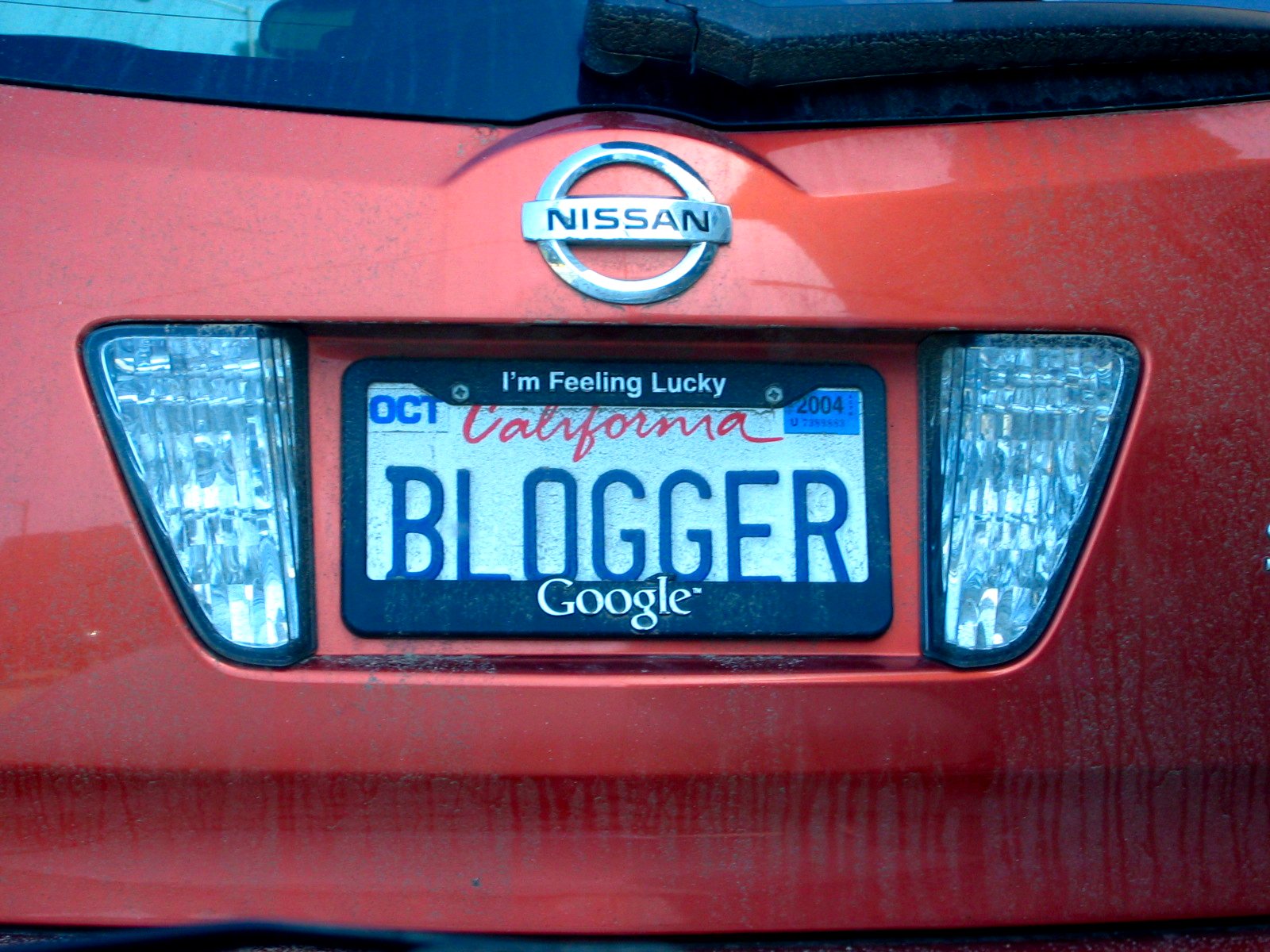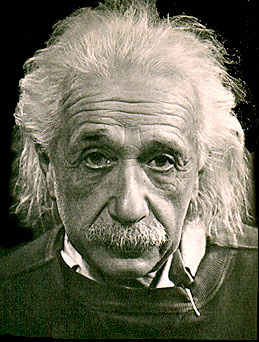For tedious fire regulation reasons, we are not allowed more students in our class than there are seats for bums (100 in my case). This means that absent bums keep out people who want in. I’ve been working hard to get the half-hearted out.
Strategy 1. Opening class, a ballsy slide:
Erratic attendance will get you a fail.
Just coming to class will get you a C
Blogging well will lift that to a B
Critical thinking will lift that to an A
Strategy 2. Nagging e-mails to those yet to establish the webspace needed to partake in the class blog: put up or withdraw.
I felt sure Strategy 1 would empty the class (I know I went to university for other reasons…). But so far, only seven students left, and they were instantly replaced from the wait list. So there are motivated students I can’t let in. I suppose it is too much to hope a place holder is reading this. But if you are, get off my course NOW! You’re a waste of a space.





